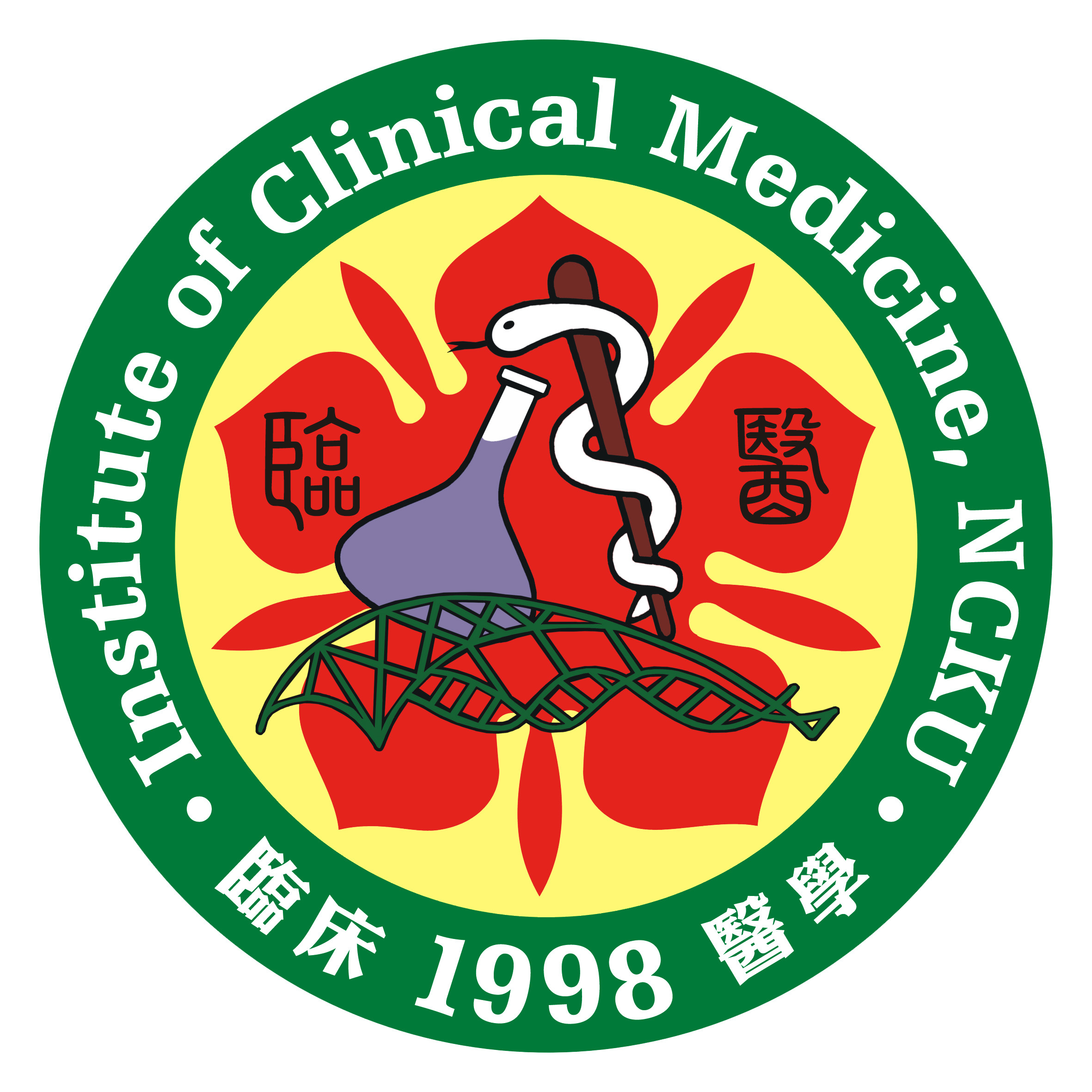沈延盛 老師, Macrophage activation determines muscle wasting in pancreatic cancer., Oncogene . 2025 May 29.
Abstract
The contribution of non-cancer tumoral microenvironment to cachexia is vastly unclear. Despite advances in understanding the signals involved in cancer cachexia progression, the exact time point of cachexia onset remains unpredictable. The transgenic KrasLSL-G12D/+;Trp53flox/flox;Pdx1-Cre (KP2C) GEMM is a clinically relevant model, with the timing of cancer cachexia progression from the pre-cachectic, early-onset, to severe cachexia showed that the onset of cachexia was associated with differences in muscle wasting. The exact cell-of-origin in different types of non-cancer cells in the tumoral microenvironment and the circulating blood, which drives cachexia, remains unclear. Production of potent pro-cachectic substances that induce skeletal muscle wasting also requires mechanistic analysis. This study analyzed the PBMC and the mouse-derived syngeneic transplants (MDSTs) of KP2C GEMM in recipient mice and pinpoints the cell-type changes with the timing of cachexia (>10% weight loss) by conducting single-cell expression analysis of cell-type-specific gene expression determinants of cachexia. Single-cell RNA sequencing analysis identified signals in high-quality, specific cell types of PBMC (29,615 cells) and MDST (23,151 cells). The scRNA-seq data identified differentially expressed chitinase 3 like 1 (CHI3L1 encoded by mouse Chi3l1) and chitinase-like 3 (CHI3L3, encoded by Chil3) and that macrophages are significant mediators of early-onset muscle wasting in tumor-bearing mice. C2C12 myoblasts treated with the CHI3L1 recombinant protein suppressed myotube formation and upregulated mRNA expression of Hdac3, Tlr9, Irf3, Tbk1, and Nfkb1. Skeletal muscle-specific conditional Hdac3 knockout in tumor-bearing mice decreased muscle wasting via CHI3L1-HDAC3 signaling. An anti-CHI3L1 monoclonal antibody was administered to target these macrophage populations, and the treatment resulted in suppressed tumor growth, metastatic progression, and protected body weight. Our results support the role of pancreatic tumor-associated macrophages in mediating skeletal muscle wasting and provide a clinically relevant mechanism of progression from the pre-cachectic state to the cachexia onset.
